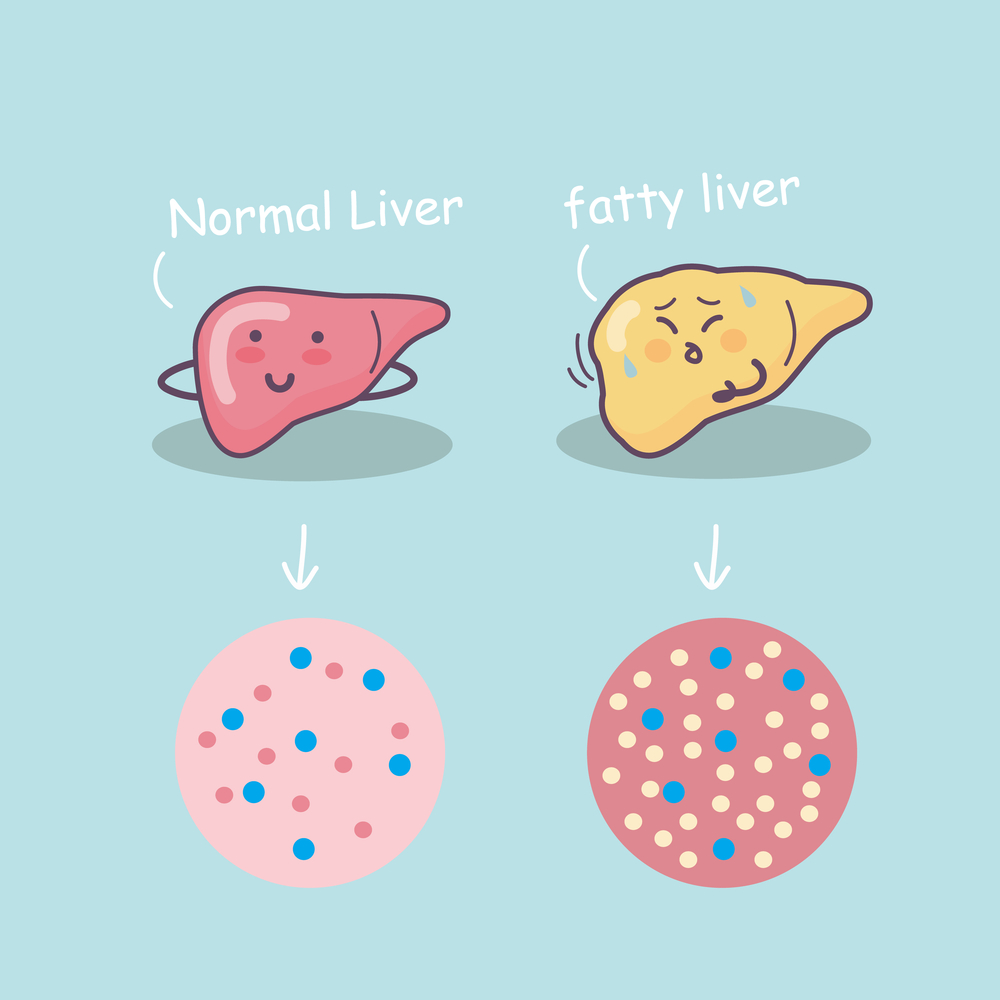Time-Restricted Eating A Good Idea If I Have Fatty Liver Disease?
Time-restricted eating, also known as intermittent fasting, has gained attention for its potential health benefits, including weight loss and improved blood pressure.
However, a recent study published in JAMA Network Open challenges the assumption that time-restricted eating provides additional benefits for nonalcoholic fatty liver disease (NAFLD) beyond calorie reduction alone.
In this blog post, we’ll explore the findings of the study and shed light on its implications for individuals with obesity and NAFLD.
The Study: Exploring the Effects of Time-Restricted Eating on NAFLD

The research involved 88 participants with obesity and NAFLD who were randomly assigned to one of two dietary interventions for 12 months.
The first group followed a time-restricted eating pattern, consuming their meals only between 8 a.m. and 4 p.m.
The second group adhered to regular meal times. Both groups were instructed to consume a reduced-calorie diet of 1500 to 1800 calories daily for men and 1200 to 1500 calories daily for women.
Key Findings
No additional benefits for NAFLD were discovered at the end of six months. Liver fat levels decreased by approximately 8.3% in the time-restricted eating group and 8.1% in the group with regular mealtimes.
After 12 months, liver fat levels decreased by an average of 6.9% in the time-restricted eating group and 7.9% in the regular mealtimes group.
These results indicate that participants in the time-restricted eating group experienced a slight increase in liver fat compared to the beginning of the study.
However, the changes in liver fat were similar in both groups, suggesting that time-restricted eating did not provide additional benefits for NAFLD.
They found that both groups experienced comparable improvements in liver stiffness, body weight, and metabolic risk factors such as blood glucose, cholesterol, and triglyceride levels.
Comparable Improvements in Other Health Measures
In addition to the liver fat levels, the researchers also measured other health indicators.
They found that both groups experienced comparable improvements in liver stiffness, body weight, and metabolic risk factors such as blood glucose, cholesterol, and triglyceride levels.

These results highlight the importance of calorie restriction when implementing a time-restricted eating regimen for managing NAFLD.
Implications and Conclusion
The study’s findings challenge the notion that time-restricted eating offers distinct advantages for individuals with NAFLD beyond the benefits derived from calorie reduction alone.
Further research may be needed to determine if the results apply to other populations.
For individuals with NAFLD seeking dietary interventions, this study emphasizes the significance of reducing overall calorie consumption as a key strategy.
It’s important to consult with a healthcare professional or registered dietitian before making significant changes to your diet, give our clinic a call to get that set up or make a follow-up appointment. We can provide personalized guidance based on your specific health needs and goals. A balanced approach to nutrition and lifestyle choices remains crucial for optimal health outcomes.



